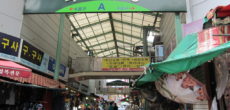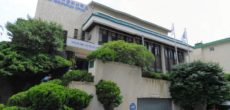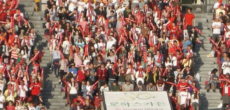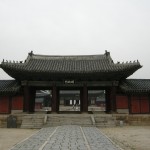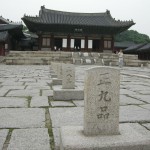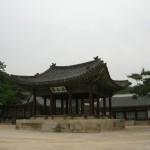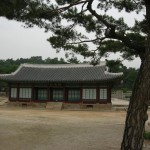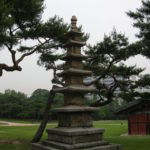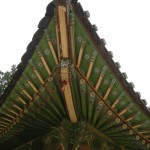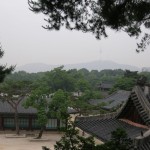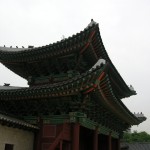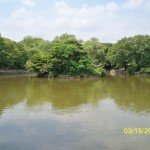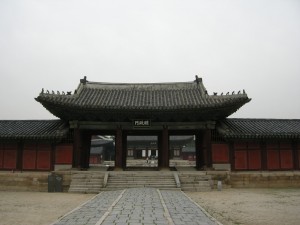
Changgyeong Palace
Changgyeong Palace was the third palace compound built during the Joseon Dynasty after Gyeongbok Palace and Changdeok Palace. Many Kings preferred to stay at Changdeok Palace and the number of royal family members increased, filling the palace to its capacity. Therefore, King Seongjong had Changgyeong Palace built next to Changdeok Palace.
Changgyeong Palace was built in 1483 and then destroyed in 1592-8 during the Japanese invasion. In 1616 the palace was rebuilt only to be burnt down, rebuilt, destroyed again and again until finally the palace was demolished by the Japanese Occupation Government to make way for a museum, zoo and botanical garden. In 1983 the zoo and museum were removed and restoration work began on Changgyeong Palace.
Changgyeong Palace is quite small compared to the other main palaces but has a tranquil vibe to it. About 70% of the compound is made up of open green spaces, trees and a pond. After viewing the palace you could easily spend the next few hours wandering around and finding little pockets of history throughout the compound. With the inexpensive entrance fee of 1,000 won you can find people who come here to get away from the hustle and bustle of downtown Seoul, relax, read a book or even go power walking or jogging. East of the palace you will find Chundangji. Chundangji used to be a rice paddy that the King personally plowed however it was turned into a pond. Near to the pond you will see a giant greenhouse. It was designed by a Japanese architect and built by a French building company in 1909. At that time it was the largest conservatory in Asia and rare plants were exhibited.
Opening Hours / Admission:
Closed every Monday.
November – March: 09:00 ~ 17:30
April – October: 09:00 ~ 18:30
Ticket booths close one hour before closing.
Admission:
Adults: 1,000 won
Children: 500 won
How to get to Changgyeon Palace:
Take line 4 to Hyehwa station and leave exit 4. Take a look at the map below for more details.
View larger map



